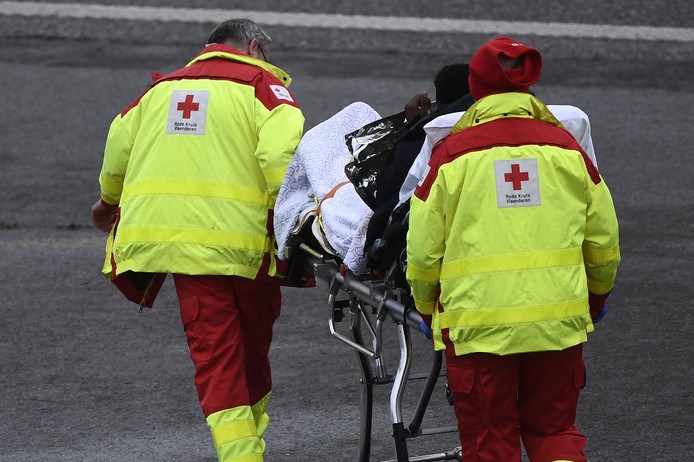While road traffic accidents in Europe continue to fall, road users in certain countries still run a distinct risk of falling victim to an accident.
A recent study by Dutch insurance comparison website Independer, using statistics from the European Union’s statistics agency Eurostat, shows that Belgium is a particular hotspot for road-related injuries.
In 2020, Belgium recorded a total 32.2 injured motorists from traffic accidents per 10,000 inhabitants – almost six times higher than in Denmark, three times higher than in France, and 47% more than the EU average.
Source: IndependerBelgian cities are also statistically dangerous places to drive. In terms of road traffic injuries, two major Belgian cities rank among Europe’s top 15 for most injuries and fatalities.
Brussels is the 10th most likely place to be injured in a road traffic accident. In 2020, there were 30.4 injuries and fatalities per 10,000 inhabitants. One place behind is Walloon city Liège, which recorded 30. The most dangerous city for road incident injuries is Salzburg in Austria, where there were 50.5 injuries per 10,000 inhabitants.
Source: IndependerIn a ranking of European capitals, Brussels is third in traffic accident victims. Between 2019 and 2021, traffic casualties fell by around 60%, but proportional injuries still remain significant. In 2022, traffic deaths and injuries returned to pre-pandemic levels. Belgium is still a long way off achieving its goal of zero road deaths by 2050.
Related News
- Heavy traffic expected as Belgians go on holiday
- Zero road fatalities in Flanders by 2050 will be 'huge challenge'
Several factors can affect the safety of roads. Menno Dijcks, expert from Independer, warns that traffic accidents increase by 25% on days when the temperature exceeds 30 degrees celsius. More the reason for summer motorists and holidaymakers to pay attention and ensure that they have the right insurance coverage.
A survey conducted by the CBC Banking and Insurance Observatory recently concluded that around one-third of people living in Belgium are either partially or fully unaware of the the type of insurance that they are covered by.

